SpaceX wins $885.5m to connect rural America
FCC awards the funding as part of $9.2 billion broadband war chest


Elon Musk's SpaceX venture has won $885.5 million in funding for rural broadband from the Federal Communications Commission (FCC).
The win will enable the company to connect rural Americans across 35 states and help close the digital divide.
The money is part of a $9.2 billion funding program to give rural Americans broadband access in 49 states. Called the Rural Digital Opportunity Fund (RDOF), it allocated the funds via a reverse auction among 300 potential suppliers, 180 of which won bids. Auction winners included cable companies, incumbent telcos, and fixed wireless providers.
Altogether, the auction winners will serve over 5.2 million homes without broadband with speeds of at least 100 Mbps download and 20 Mbps upload, said the FCC. Most of these areas (85%) will get Gigabit speeds.
SpaceX must serve 642,925 locations within the next six years under its funding.
Musk's company didn't get the most money for serving rural areas. That went to LTC Broadband, which won $1.3 billion to serve 15 states. Charter Communications scooped up $1.2 billion to serve locations in 24 states, and the Rural American Broadband Consortium got $1.1 billion to serve 618,476 locations across 22 states. Satellite competitor Hughes Network Systems got just $1.27 million to serve areas in a single state.
The FCC launched the RDOF in February as a two-phase program, following a $1.5 billion second-phase auction in 2018 for its Connect America Fund. The Commission had set aside $16 billion for phase one of the RDOF, but the competitive bidding process saved it $6.8 billion in funds to roll into phase two of the project. That will focus on partially served areas, it added.
Get the ITPro daily newsletter
Sign up today and you will receive a free copy of our Future Focus 2025 report - the leading guidance on AI, cybersecurity and other IT challenges as per 700+ senior executives
Announced in 2015, SpaceX's Starlink initiative began its launches with 60 satellites this May. The units, which orbit at 342 miles, feature four antennas, a single solar array, and ion thrusters. The company has been rapidly launching rockets since and had flown over 950 of them by the end of October. It already had FCC approval to launch 12,000 satellites and filed paperwork this fall for another 30,000.
SpaceX has already offered satellite-based internet services to customers under a beta test program priced at $99 per month along with a $499 charge for the connection hardware, say reports. It offered 50-150 Mbps speeds and 20-40 ms latency. It also announced a partnership with Microsoft to connect its Azure cloud computing network to its space-based infrastructure.
Amazon is following in Starlink's wake with its Project Kuiper initiative, which would also put broadband satellites around the Earth. The company gained FCC approval for its deployment in 2019 and must launch its equipment by 2029.
Danny Bradbury has been a print journalist specialising in technology since 1989 and a freelance writer since 1994. He has written for national publications on both sides of the Atlantic and has won awards for his investigative cybersecurity journalism work and his arts and culture writing.
Danny writes about many different technology issues for audiences ranging from consumers through to software developers and CIOs. He also ghostwrites articles for many C-suite business executives in the technology sector and has worked as a presenter for multiple webinars and podcasts.
-
 Third time lucky? Microsoft finally begins roll-out of controversial Recall feature
Third time lucky? Microsoft finally begins roll-out of controversial Recall featureNews The Windows Recall feature has been plagued by setbacks and backlash from security professionals
By Emma Woollacott Published
-
 The UK government wants quantum technology out of the lab and in the hands of enterprises
The UK government wants quantum technology out of the lab and in the hands of enterprisesNews The UK government has unveiled plans to invest £121 million in quantum computing projects in an effort to drive real-world applications and adoption rates.
By Emma Woollacott Published
-
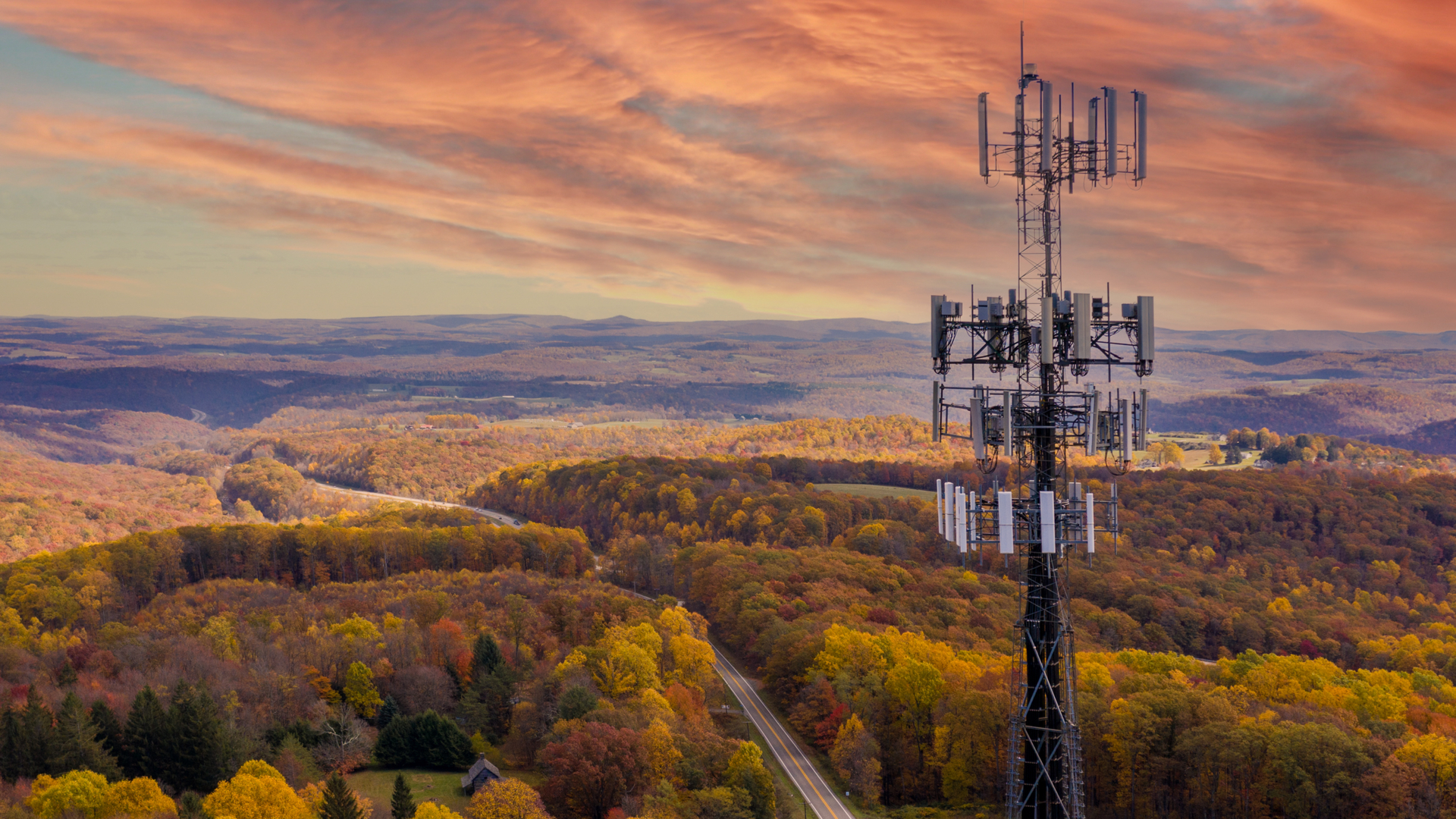 Gov's broadband plans do little to address 'rural brain drain', expert warns
Gov's broadband plans do little to address 'rural brain drain', expert warnsNews Businesses are still unable to compete with urban counterparts, forcing job seekers into the cities and suppressing innovation
By Rory Bathgate Published
-
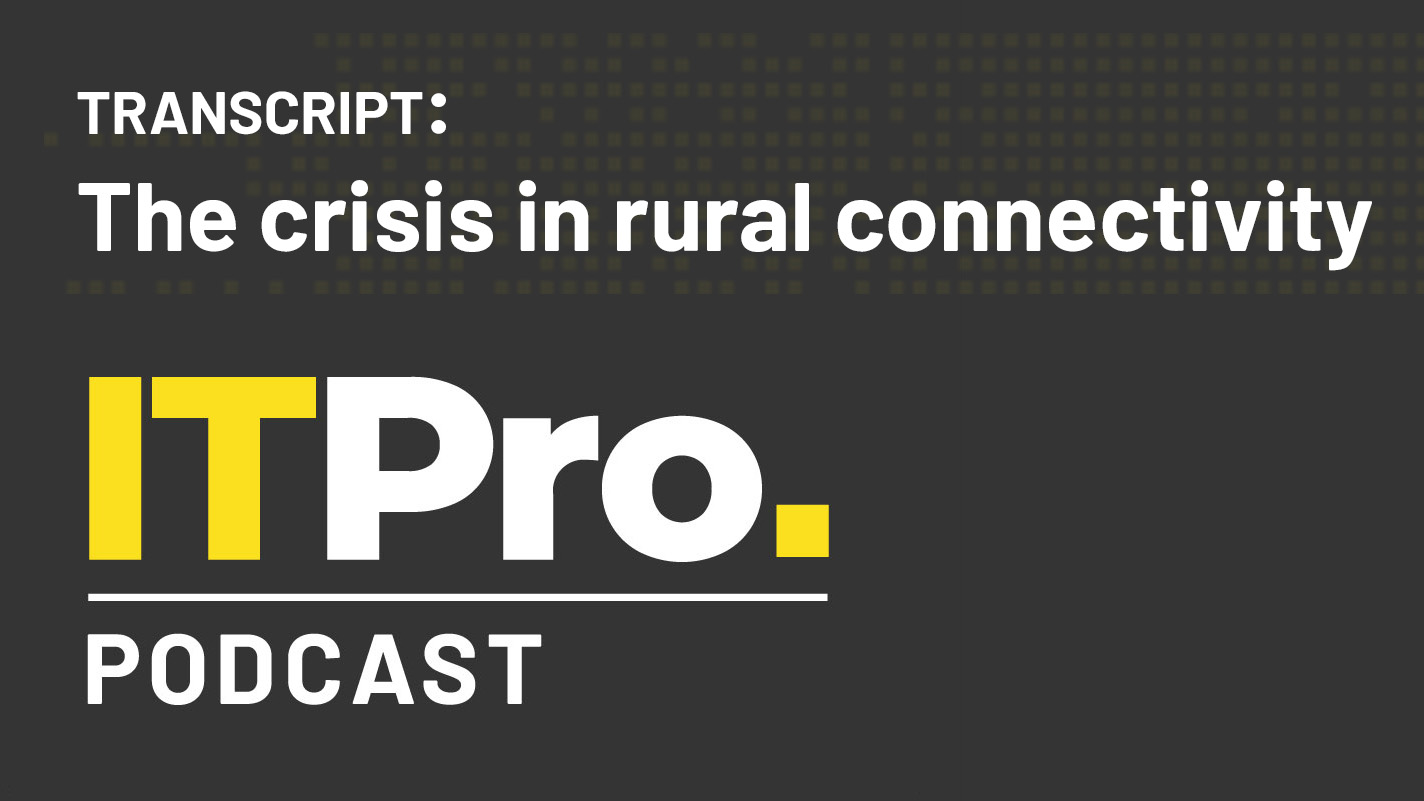 Podcast transcript: The crisis in rural connectivity
Podcast transcript: The crisis in rural connectivityIT Pro Podcast Read the full transcript for this episode of the IT Pro Podcast
By IT Pro Published
-
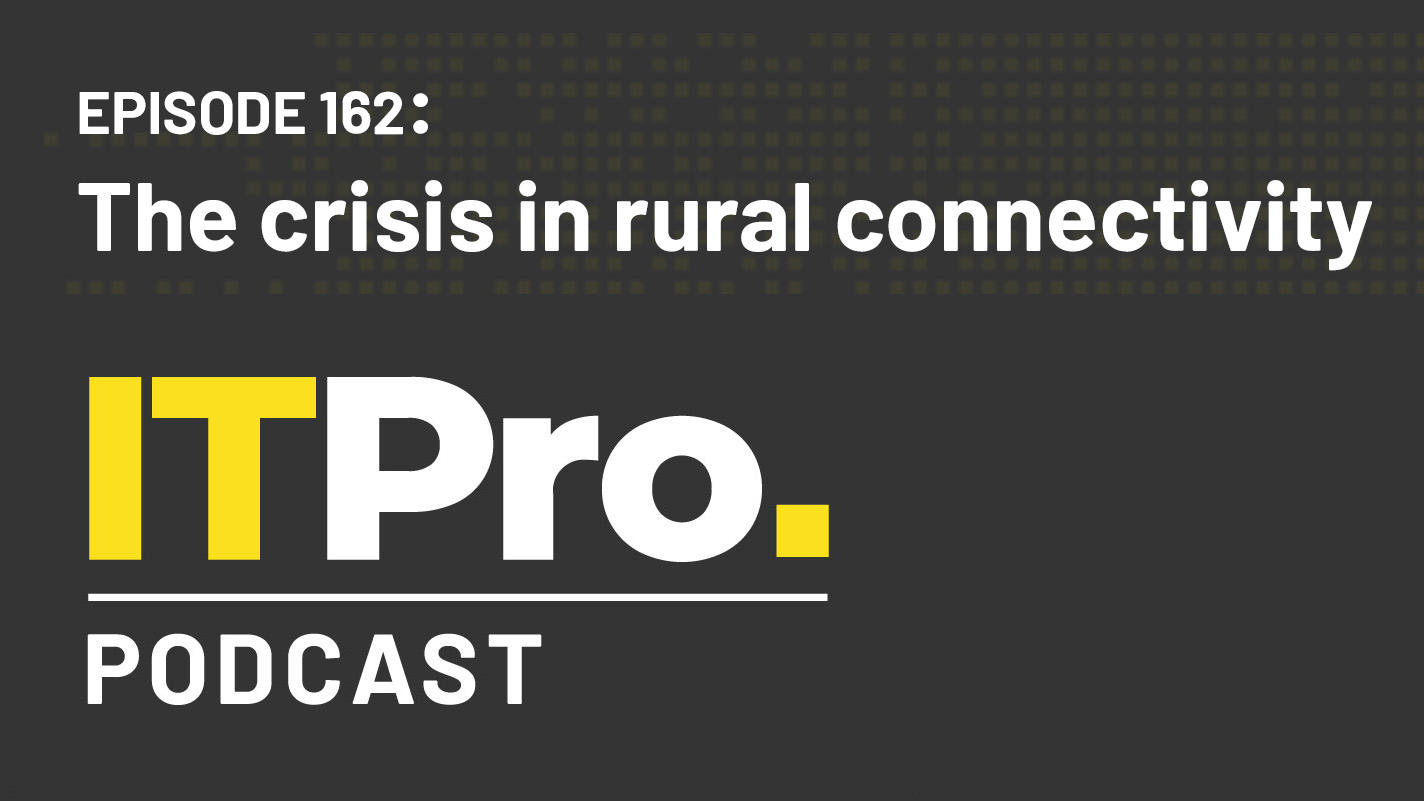 The IT Pro Podcast: The crisis in rural connectivity
The IT Pro Podcast: The crisis in rural connectivityITPro Podcast Rural businesses are still being left behind and face shutdowns of 3G and copper without anything to fall back on
By IT Pro Published
-
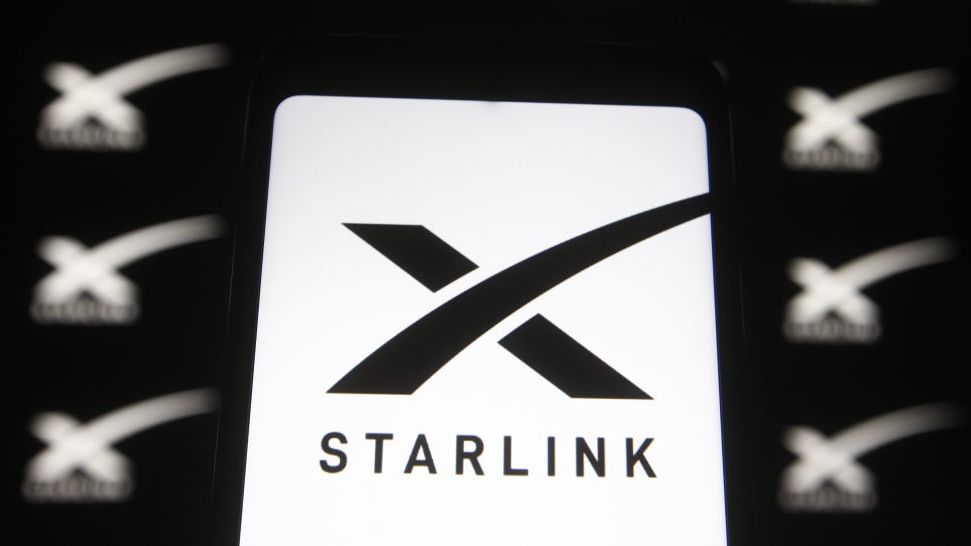 UK government to run Starlink trials in Snowdonia, Lake District
UK government to run Starlink trials in Snowdonia, Lake DistrictNews The government has indicated low-Earth orbit satellites could be key to expanding connectivity to UK businesses
By Rory Bathgate Published
-
 Satellite broadband could turbocharge rural business connectivity
Satellite broadband could turbocharge rural business connectivityIn-depth The burgeoning industry is pledging to succeed where fibre has failed, in a much-needed push to connect chronically underserved businesses
By Rory Bathgate Published
-
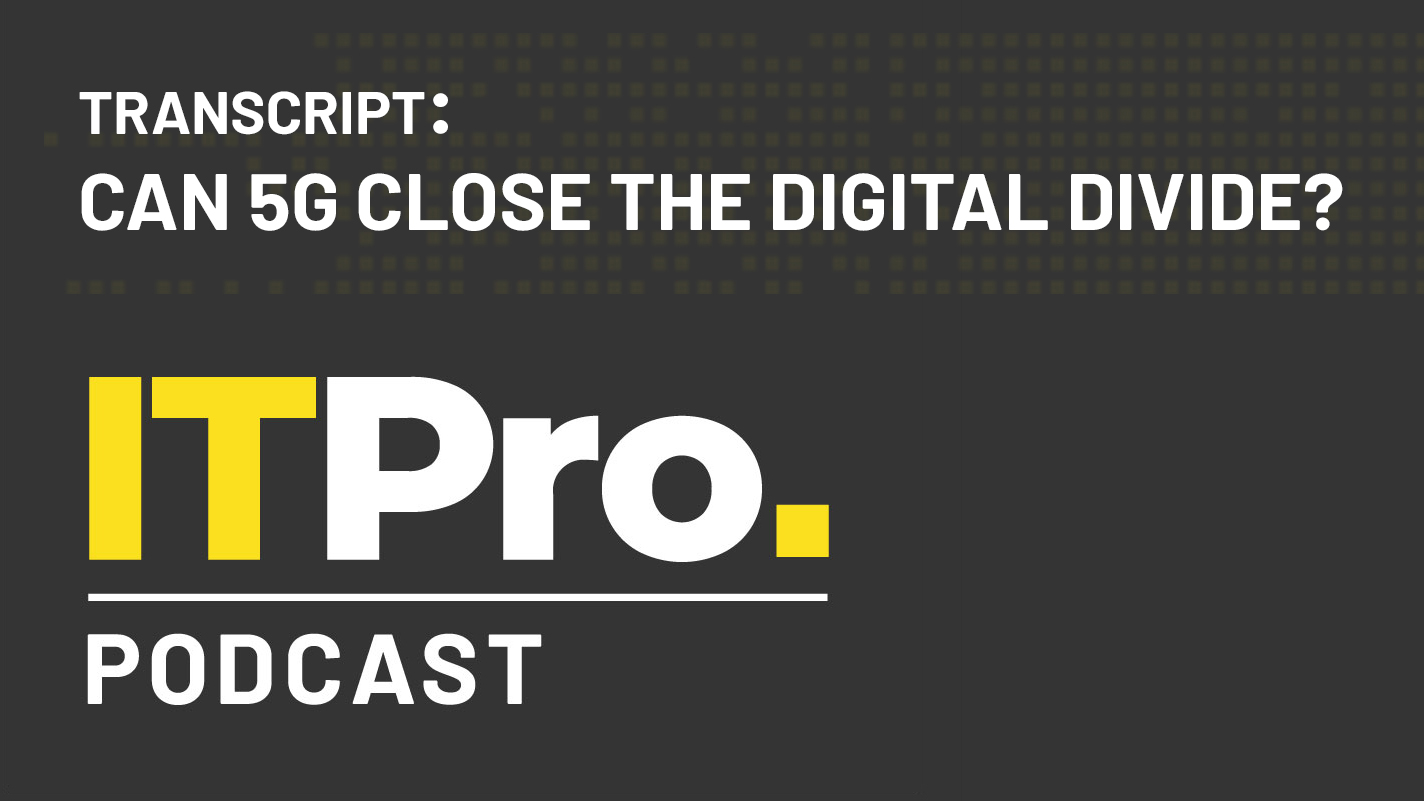 Podcast transcript: Can 5G close the digital divide?
Podcast transcript: Can 5G close the digital divide?IT Pro Podcast Read the full transcript for this episode of the IT Pro Podcast
By IT Pro Published
-
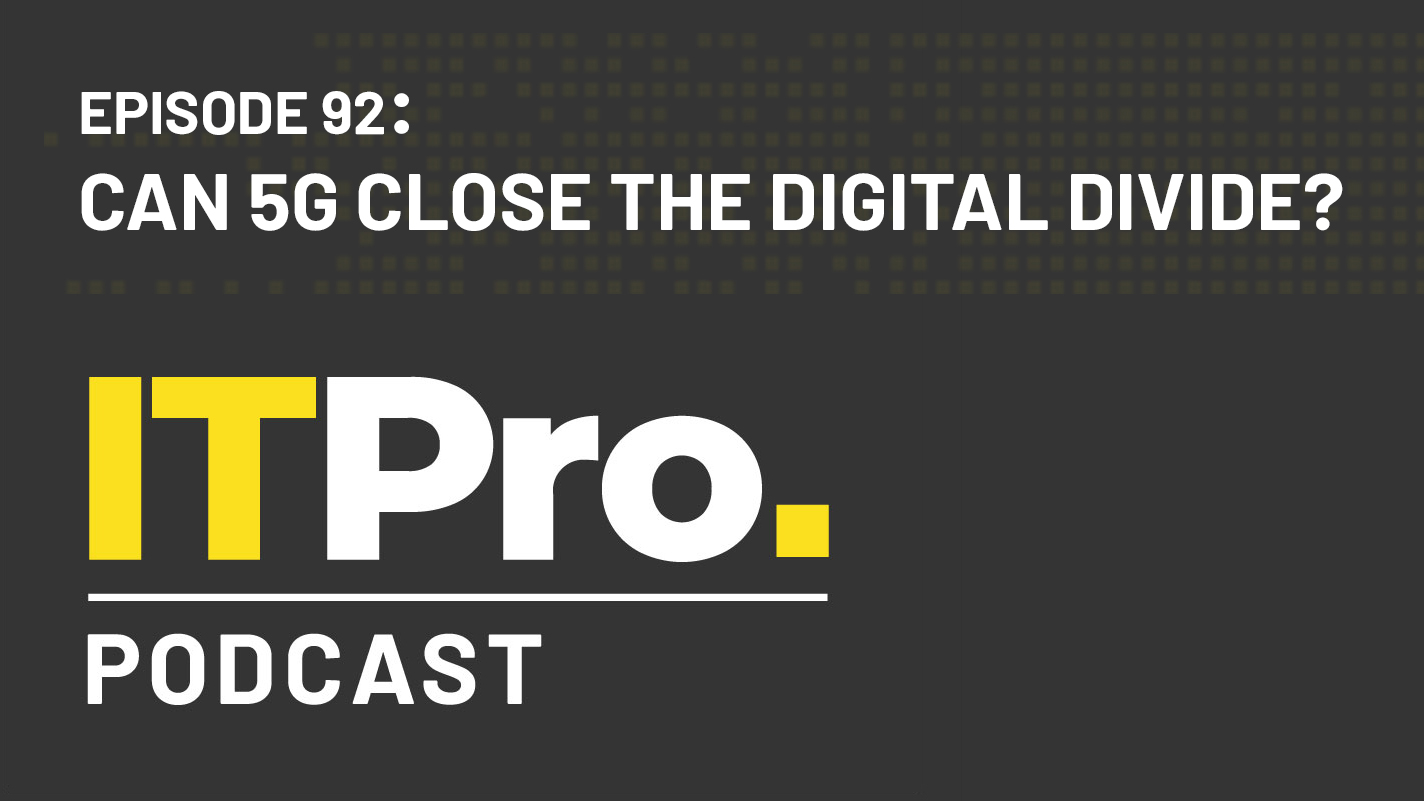 The IT Pro Podcast: Can 5G close the digital divide?
The IT Pro Podcast: Can 5G close the digital divide?IT Pro Podcast Connectivity is essential for modern life - but can 5G help bring it to those without?
By IT Pro Published
-
 BT's 'SoHo' business aims to help SMBs rebuild post-pandemic
BT's 'SoHo' business aims to help SMBs rebuild post-pandemicNews The spin-off will offer broadband packages, free digital skills training and cyber security tools to SMBs and startups
By Sabina Weston Published